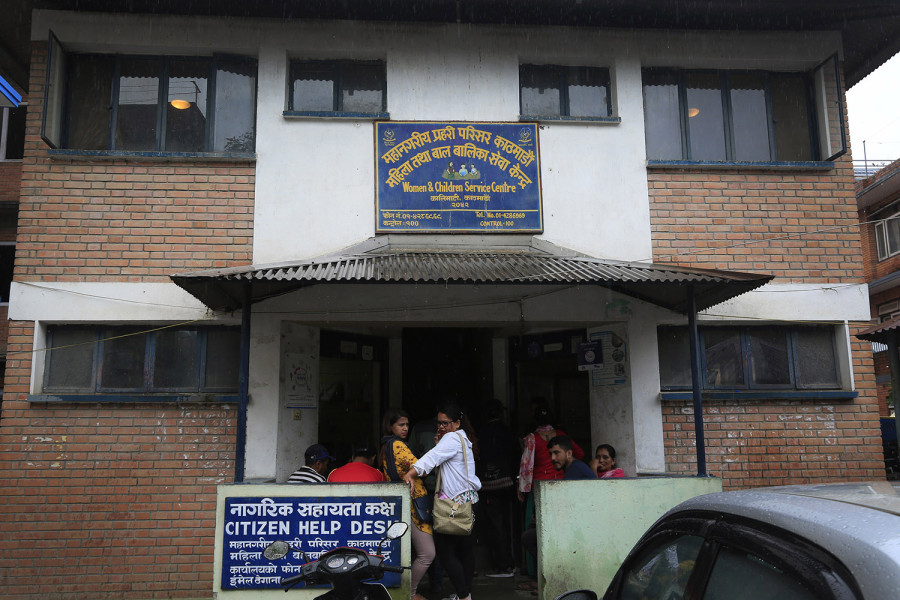National
Call for survivor-friendly approach to investigate human trafficking cases
Experts urge adopting Forensic Experiential Trauma Interviews approach for better dealing with survivors and investigating such cases.
Chandan Kumar Mandal
Anti-human trafficking workers, human rights activists and law-enforcement agencies have stressed the need for adopting a survivor-friendly investigation system for effectively dealing with human trafficking incidents and ensuring victims' access to justice.
Pointing out the lapses in the traditional investigation system, which remains generic and at times end up further victimising the trafficking survivors, they have called for a victim-centric approach while investigating trafficking cases.
According to Indra Raj Bhattarai, director of KIN Nepal, a non-governmental organisation working in controlling human trafficking incidents, survivor-friendly and scientific investigation is required to deal with cases pending in courts.
“We hear about thousands of human trafficking survivors getting rescued and repatriated, but only a few hundred cases are taken to the court. This happens because of shallow investigation,” said Bhattarai. “Traditional investigation system fails to take the pain and struggle of survivors into account. Hence, it ends up making them feel further victimised. Through such technique, the required information can never come out. A lack of evidence only weakens the investigation.”
According to experts in the field, Forensic Experiential Trauma Interviews (FETI), an emerging approach of interviewing survivors of sexual assault and human trafficking, could be useful in investigating such cases.
The FETI is known for keeping the survivors at the centre and gathering the best possible evidence in ways without traumatising them so that they could provide information that is more accurate and consistent.
“For implementing the FETI approach, we need more professional and skilled interviewers,” said Bhattarai, during the launch of resource materials on ‘Victim Centric Forensic Interview’ in Kathmandu on Monday. “Survivors feel more relaxed in a friendly environment where their privacy is safe. With the trust-building with the interviewer, survivors open up and cooperate in the investigation.”
Law enforcement agencies are often criticised for their cold treatment of the survivors of human trafficking and sexual assaults, as the police force is heavily male-dominated and largely untrained to deal with such cases, which could result in flawed investigations.
According to Chandeshwar Shrestha, president of Nepal Bar Association, the constitution guarantees protection rights of victims of crime and victim-friendly investigation of such crimes.
“If the defence lawyer is not aware of the victim-centric approach like FETI, then even the same lawyer who is there to ensure justice cannot do their work effectively,” said Shrestha. “Lawyers should also be trained in this technique.”
Human trafficking remains a major challenge for the country. Every year, hundreds of Nepalis are said to be trafficked to various countries. Even for those who are rescued, access to justice remains a far cry because of sluggish investigation and drawn-out court proceedings.
“A research in the US has shown that nearly half of the victims who approached the government agencies for justice were treated indifferently. We can imagine the ongoing practice in our country,” said Tek Narayan Kunwar, a judge at Patan High Court. “The FETI approach begins with statement recording. The existing laws don’t stop us from implementing the victim-friendly investigation system.”
Kunwar suggested that the FETI model can be adopted from one district as a pilot project before taking it to other parts of the country.
“We may not have the required experts and skilled interviewers right now, but we can practice with the available resources,” said Kunwar. “Our agencies are already conducting investigations. They just need to be done effectively by keeping the victims at the centre.”




 14.24°C Kathmandu
14.24°C Kathmandu















